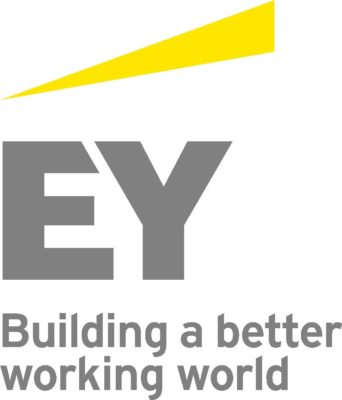
Environmental, social and governance factors become more valuable during market declines
- 97% of institutional investors conduct an evaluation of target companies’ nonfinancial disclosures
- 89% believe that environmental, social and governance (ESG) factors will become more valuable in a market downturn
- 56% say that a company’s nonfinancial disclosures are either not available or inadequate
TORONTO, Feb. 13, 2019 /CNW/ – Ninety-seven percent of institutional investors say they conduct an evaluation of target companies’ nonfinancial disclosures, according to the global EY Climate Change and Sustainability Services survey – an almost 20% increase since 2017.
“Investors have a more sophisticated understanding of the positive link between a business’ environmental, social and governance (ESG) impact and their financial performance,” says Thibaut Millet, EY Canada Climate Change and Sustainability Services Leader. “Nonfinancial information is playing a pivotal role in investment decision-making, and will increasingly continue to weigh on Canadian investor minds as they take a step back to focus on a business’ value creation to sustain long-term growth.”
Despite growing reliance on ESG information, more than half of respondents (56%) say that a company’s nonfinancial disclosures are either not available or inadequate for meaningful comparison with those of other companies.
“Many organizations have taken an active role in disclosing what policies and practices are in place, but what’s often missing are measures of accountability,” says Millet. “Investors no longer want to know what the company is doing, but how they’re doing it – and how their ESG impact stacks up against others. Better accounting standards for nonfinancial information are needed to establish standardized data and consistent metrics cross-industry.”
Seventy percent of institutional investors indicated that national regulators are best suited to lead efforts to close the gap between an investor’s need for nonfinancial information and the information provided by issuers. The report also indicates that trade groups can play a role in helping to define material sustainability disclosures that are relevant to their industry.
“Having a common framework in place would be beneficial to both institutional investors and companies looking to receive their investments,” says Millet. “Investors would have the ability to compare nonfinancial data across industries and regions, while businesses would benefit from greater transparency to help restore trust during a time when credibility may be at risk.”
The Embankment Project for Inclusive Capitalism (EPIC) is doing just that. Created by the Coalition for Inclusive Capitalism and EY, EPIC identifies value drivers important for sustainable and inclusive growth, and possible metrics for helping companies communicate their ability to generate long-term value to both investors and society.
For further thinking and insights around climate change, sustainability and nonfinancial reporting, please visit the EY Sustainability Impact Hub.





